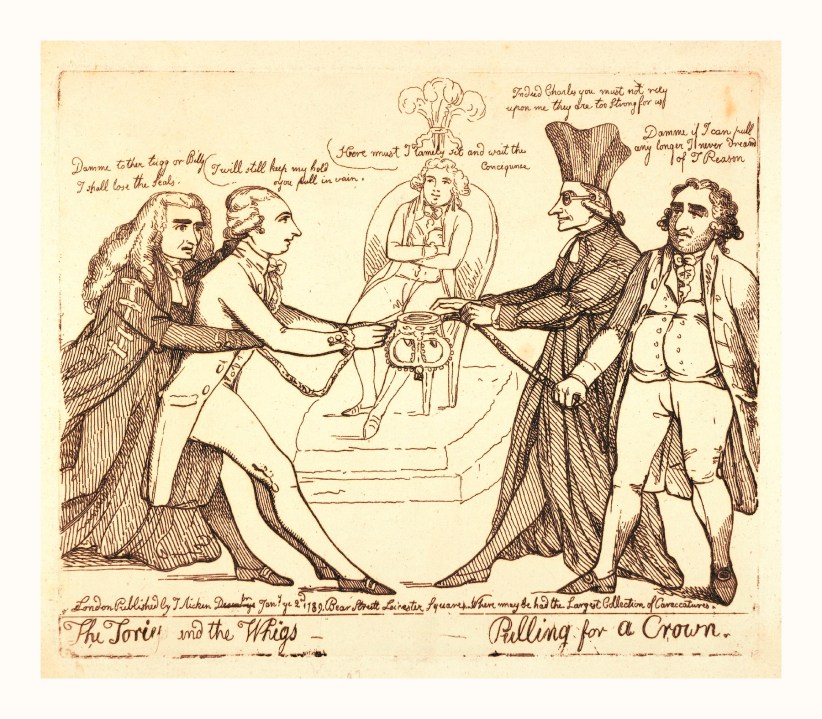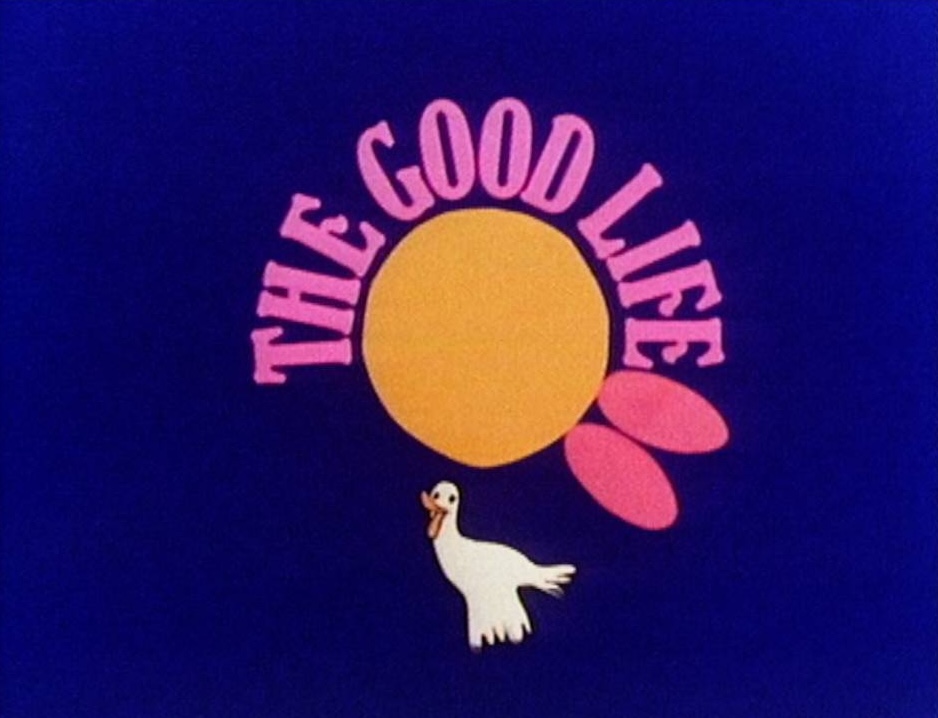Though local polls and by-elections are notoriously unreliable guides to general elections, and a week is indeed a long time in politics, what happened at last week’s local elections could portend one of the greatest changes in our political system in over a century: the permanent presence of Reform UK, and consequently the demise of our oldest political party, the Tories.
The Tories have been around in various forms since the reign of King Charles II, when party politics emerged as a rivalry between the Tories and the Whigs over the issue of whether to exclude James II from the throne on the basis of his Catholic faith. The two parties alternated in government throughout the 18th and 19th centuries and well into the 20th.
Last week’s local elections could portend one of the greatest changes in our political system in over a century
The Liberals, as the Whigs became under William Ewart Gladstone, stood for free trade, nonconformity in religion, a sceptical anti-imperialism, capitalist industrialisation, social progress and an end to the domination of an unelected landed aristocracy. The Tories, after their birth as supporters of the Catholic Stuart dynasty, represented the patriotic heartland of England: the yeoman squirearchy, social order, the Anglican Church, the monarchy and the superiority of an ever-expanding British Empire.
As the tumultuous 20th century dawned, especially after a landslide electoral victory in 1906, the Liberals appeared as the natural party of government, an increasingly radical force standing for bettering the appalling condition of the industrial working class through slum clearance and education, high taxation of the rich and a rudimentary welfare state with old age pensions, sickness insurance and more employment and strike rights. The brilliant Liberal government of Asquith and his Chancellor David Lloyd George, boasting such star ministers as the young Winston Churchill, created a progressive Britain, but their policies were upended by the outbreak of World War One.
At the same time, the Liberals were already under pressure from the rising Labour party, an uneasy coalition of working class trade unionists struggling for better conditions for their members, and mainly middle-class socialists bent on remaking society on Marxist lines. The clash between those two factions continues to this day in the Labour party.
The Liberals were further undermined by a personal division between Asquith’s followers and supporters of Lloyd George, who, with Tory support, had ousted the prime minister as a more effective war leader in 1916. In the early 1920s, the divided Liberals were reduced from a parliamentary majority to a dwindling rump of some 40 seats: a warning to both the Tories and Labour today on how even staid British politics can change in an instant if the social pressures are great enough.
The Liberals struggled on for a further half century – sometimes reduced to half a dozen MPs – and became the butt of jokes about holding their party conferences in a taxi cab or a phone box. Despite frequent false dawns of a revival, their place as the radical anti-Tory force was usurped by Labour until the Liberal remnants finally merged with Labour’s right-wing breakaway Social Democrats in the mid 1980s to form the Lib Dems.
As for the Tories, they became the natural party of government for most of the 20th century: a conservative, moderately right-wing patriotic party that was the voice of the ‘sensible’ middle class, standing four square behind the monarchy, the military, the Church of England, the Empire and then the Commonwealth, opposing both communism and fascism, as well as espousing a tough line against crime, drugs and social delinquency.
All this survived until the downfall of Margaret Thatcher, when an influential faction of modernising ‘Tories in name only’ put their faith in a pan-European bureaucracy, mass migration and an acceptance of national decline. None of these negative attitudes received mass acceptance among Tory voters, many of whom have now put their faith in other parties. The Tories helped to destroy the Liberals a century ago. It would be a supreme irony history if the Lib Dems, direct descendants of Asquith’s party, along with Reform, helped to consign their old Conservative rivals to history’s dustbin.








Comments